NEWS BRIEFINGS: LATEST DEVELOPMENTS IN INDIA
Imagine a sea of news stories, each shouting for your attention, each framing the country as a Left vs. Right battleground. It's exhausting and toxic, isn't it? Especially when you're just looking for news that directly impacts you.
Newsreel Asia's daily News Briefings section cuts through the noise and handpicks one story that truly matters to you. We break down complicated narratives while preserving their nuances. We sift, you benefit.
Our perspective is humanitarian, not a tug-of-war between ideologies. Read News Briefings daily–it will just take 5 minutes–and you'll find yourself equipped with the knowledge, understanding and wisdom to think critically and form your own opinions. You'll become not just an informed citizen, but an engaged and responsible one.
To subscribe to our weekly newsletter, click here.
Latest News Briefings
A report by The Guardian warns that delayed payments to hospitals are threatening the functioning of the Ayushman Bharat health insurance scheme. Paired with the lack of basic healthcare infrastructure in many parts of the country, especially in rural and neglected areas, the crisis becomes even more pressing.
The aviation regulator’s decision to extend duty hours for pilots flying the Boeing 787 Dreamliner, a wide-body aircraft used for long international flights, has direct safety implications for passengers. The decision ignores key fatigue-related risks that global regulators and airlines are actively trying to reduce, and it does so at a time when the aircraft in question already has limitations affecting pilot rest during flight.
The Life Insurance Corporation of India (LIC) has rejected allegations made by The Washington Post that its investment decisions, specifically a $3.9 billion infusion into companies owned by industrialist Gautam Adani, as reported by the newspaper, were directed by the Indian government. What remains unanswered is whether LIC considered the legal and financial risks associated with Adani Group at the time, and how it justified increasing its exposure despite market volatility and public criticism.
An investigative report by The Washington Post alleges that the Indian government directed $3.9 billion in public funds from the state-owned Life Insurance Corporation (LIC) into industrialist Gautam Adani’s companies at a time when global lenders were retreating due to fraud and bribery charges filed against him in the United States. The report presents this as an example of the convergence of crony capitalism, state-enabled financial support and elite consolidation within India’s current political economy.
The central government has restricted the number of officials authorised to order the removal of online content from social media platforms and websites, departing from its earlier policy that allowed thousands of officers to issue such directions. While the change appears to promote accountability, it leaves unresolved the concern that a government-run effort to combat “misinformation” could also silence legitimate reporting, commentary and political critique.
Madhya Pradesh Police have cited books on fascism and communism as evidence in a chargesheet against a youth collective founder accused of hurting religious sentiments. If political literature can be treated as criminal evidence, then any citizen engaging with dissenting ideas risks being branded a threat to public order.
Francesca Orsini, a world-renowned scholar of Hindi and South Asian literature, was turned away at Delhi airport despite holding a valid Indian visa, without explanation. If this government is truly the patron saint of Hindi, it seems to have a curious way of showing affection, by banning one of its most devoted translators.
The Supreme Court collegium has reportedly altered its earlier recommendation on the transfer of Justice Atul Sreedharan, a senior High Court judge known for pro-civil rights rulings, following a request from the Union government. This suggests that the judiciary’s internal decisions remain vulnerable to executive pressure, and the collegium has willingly accommodated that pressure rather than defending its own independence.
Calling it a “balanced” decision between tradition and the environment, Delhi’s Chief Minister welcomed the Supreme Court’s move to allow firecrackers this Diwali, even as the city’s air turned visibly toxic. There is no balance in that. There is evasion, political softness and a confusion between ritual and substance.
A planned silent march by the Leh Apex Body (LAB) and Kargil Democratic Alliance (KDA) on Oct. 18 was blocked in Leh, Ladakh, by police deployment and a mobile internet shutdown. In a democracy, a demand for statehood and constitutional safeguards must be heard, not silenced.
Over 500,000 people are currently locked up in Indian prisons. Nearly three-fourths of them are undertrials, people who have not been convicted of any crime, as noted by IndiaSpend. Most are poor, young and come from historically disadvantaged castes. The question is not how many, but why they are still there, and who keeps them there.
The Union Ministry of Tribal Affairs has directed government-run residential schools in tribal areas to promote Hindi among students. The order appears to impose language from above, brushing aside the cultural and linguistic rights of tribal communities and eroding the Constitution’s promise of plural and inclusive education.
October 16 is World Food Day. On this day, the 2025 edition of The State of Food Security and Nutrition in the World reports that global hunger has fallen, with 8.2 percent of the world’s population undernourished in 2024, down from 8.7 percent in 2022. But the report also shows that India has made no real progress. The country’s three-year average undernourishment rate for 2022 to 2024 is 12 percent, the same as it was a decade earlier.
A new report on emotional health shows that worry and stress now affect nearly four in 10 adults worldwide, with emotional distress levels rising sharply over the past decade. The trend must be taken as a warning about systemic neglect by governments and global institutions of emotional health as a pillar of public wellbeing and peace.
India’s largest-ever nutrition and metabolic health survey has found that 62% of daily calories in Indian diets come from carbohydrates, most of them of poor quality. The finding suggests that the country’s food systems, policies and poverty conditions are pushing people toward diets that increase their risk of diabetes and obesity, not protect against them.
Dr. Sonali Ghosh, field director of Kaziranga National Park and Tiger Reserve, has won the WCPA-Kenton Miller Award for her innovative contributions to wildlife area conservation. Her work focuses on what happens to wild animals that are rescued or bred in captivity, and how they can be returned to their natural habitats. It points to the need for a major shift in how wildlife conservation is currently practiced in India.
At least 22 children have died in Madhya Pradesh and Rajasthan since September after consuming Coldrif, a cough syrup found to contain fatal levels of diethylene glycol, a harmful chemical found in products like coolants and industrial cleaners. The World Health Organization (WHO) has expressed concern about the failure of India’s domestic drug regulatory system to enforce proper screening and manufacturing standards for medicines sold within the country.
A new report by Sa-Dhan, a body that monitors microfinance in India, shows that more people, especially in rural areas, are falling behind on small loan payments, indicating that many low-income families are struggling to manage their daily finances.
The Kerala High Court has criticised the Union government for refusing to waive the loans of survivors of the devastating Wayanad landslides, citing the Centre’s past disaster relief to Bharatiya Janata Party (BJP)-ruled states as evidence of selective treatment. The criticism appears to question whether the Union government is applying its powers to distribute financial relief in a politically biased and arbitrary manner, rather than upholding the neutrality expected in a federal system.
A senior police officer on Haryana has died by suicide, leaving behind an eight‑page note directly accusing serving and retired senior officers of caste‑based discrimination, humiliation and harassment, naming them individually. The state, understood as the guarantor of rights and equality, appears not only unwilling but also incapable of confronting caste injustice, even within its highest institutions.
The Supreme Court had to threaten contempt proceedings against the Central Bureau of Investigation (CBI) to get two Madhya Pradesh police officers arrested in a custodial death case. This reveals how state institutions are willing to go to shield their own when ordinary citizens’ rights are violated unless the judiciary directly intervenes and maintains pressure.
A lawyer who threw a shoe at Chief Justice of India B.R. Gavai inside the courtroom after his public interest petition was dismissed has said he does not regret it. His unapologetic stance suggests the act was not a sudden emotional reaction. It appears to reflect ideological absolutism, the belief that one’s views are unquestionable, which can lead individuals to defy democratic norms, justify disruption in the name of faith and assume public support for such behaviour.
N. Biren Singh, the former Chief Minister of Manipur, has arrived in Delhi with a delegation of Bharatiya Janata Party (BJP) legislators and former ministers to seek the revival of an elected government in the state. His inclusion deserves scrutiny, as the Supreme Court has ordered a forensic examination of audio recordings that allegedly feature his voice making remarks linked by petitioners to the ethnic violence. The visit also comes two weeks after a deadly attack on an Assam Rifles convoy that intelligence agencies suspect was politically motivated.
The body of a journalist, Rajeev Pratap, was found in a river in northern India days after he went missing, prompting calls from his family and press freedom groups for a formal investigation. Police initially said the death appeared to be the result of a car accident, but authorities have since formed a special team to examine the case further.
Uttar Pradesh has launched a series of criminal and administrative actions after banners reading “I Love Muhammad” appeared during a Milad-un-Nabi procession in Kanpur. Following complaints that the banners had been placed in new locations and that some other posters were allegedly removed, police registered FIRs, made arrests and moved to demolish properties linked to those accused. The government’s response raises serious concerns about proportionality, neutrality and wisdom in governance.
The National Crime Records Bureau (NCRB) has released its 2023 suicide statistics, once again through a quiet website upload with no official briefing, no explanation from any ministry, and no space for scrutiny. This silence demands questioning, as it blocks civil society and the press from holding departments accountable for mounting human tragedies.
Gandhi, whose 156th birth anniversary we observe today, offered a moral compass for public life in one of his final written messages. If applied now, it exposes a persistent wrong at the heart of India’s politics and society. He wrote: “Whenever you are in doubt, or when the self [ego] becomes too much with you, apply the following test. Recall the face of the poorest and the weakest man whom you may have seen, and ask yourself, if the step you contemplate is going to be of any use to him. Will he gain anything by it? Will it restore him to a control over his own life and destiny?”
A group of 79 retired civil servants has raised alarm over a draft law in Punjab that seeks to criminalise sacrilege, warning that it could open the door to repression, religious strife, and misuse of power. In a joint letter, they urged the state’s legislature to scrap the proposed Punjab Prevention of Offences Against Holy Scriptures Act, 2025 entirely.
In parts of Mizoram, farmers are experiencing a surge in rodent numbers that is damaging their crops. Large groups of rats have been entering fields and eating rice, soybeans and other produce. Many of these farmers practise jhum cultivation, which means clearing forest patches and growing crops there for one or two seasons. Rats are entering these farms, eating produce before harvest, and causing heavy financial losses for families who depend on a single yearly crop for food and income.

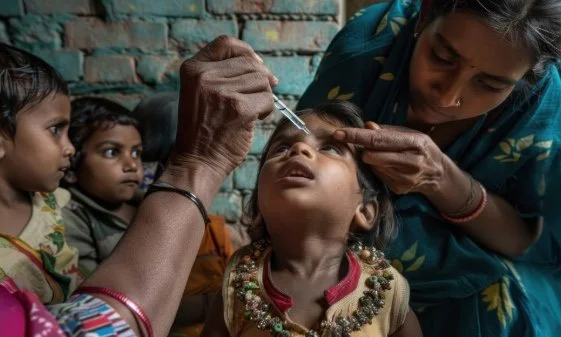
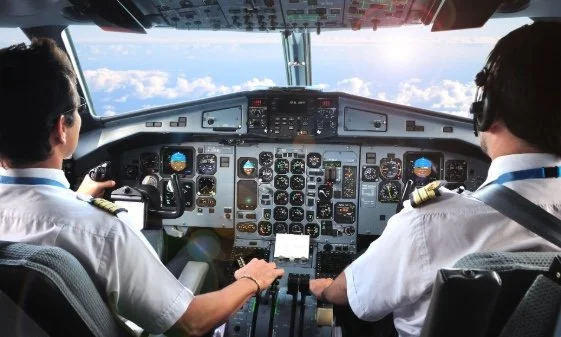

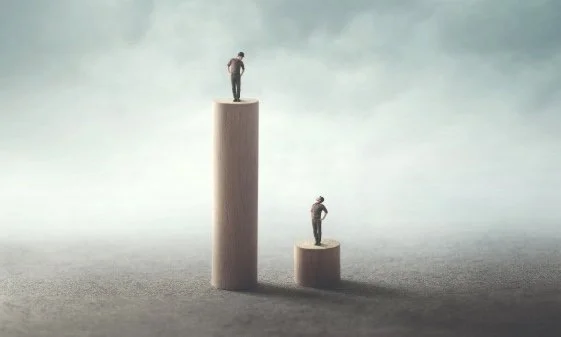
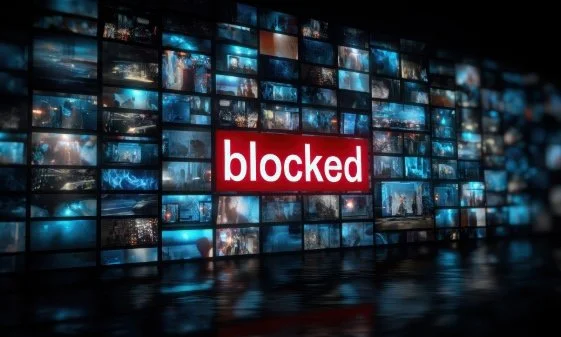

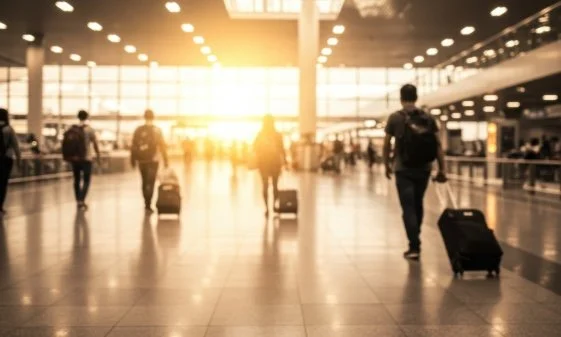
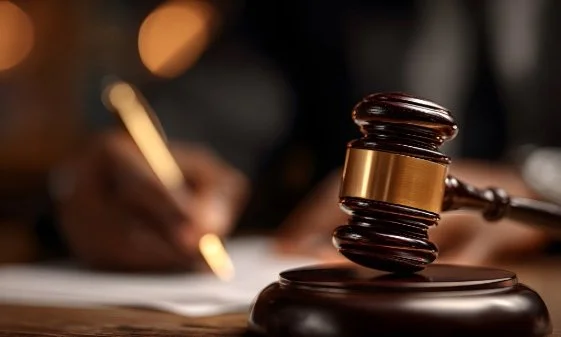
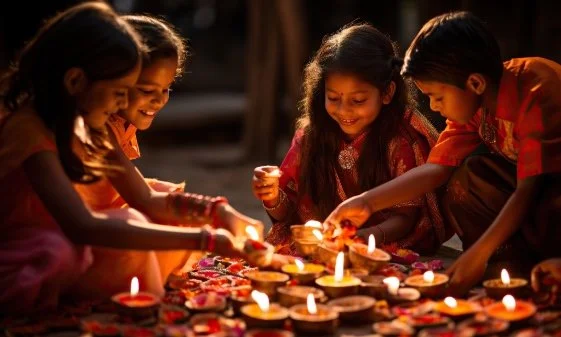
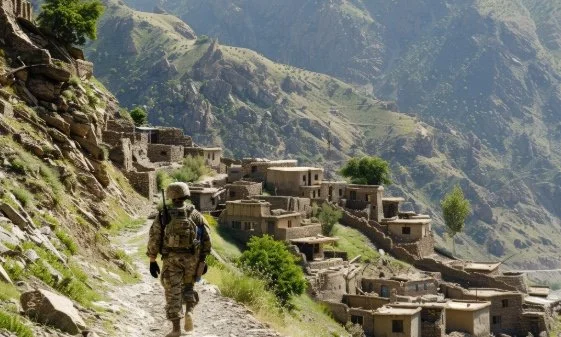
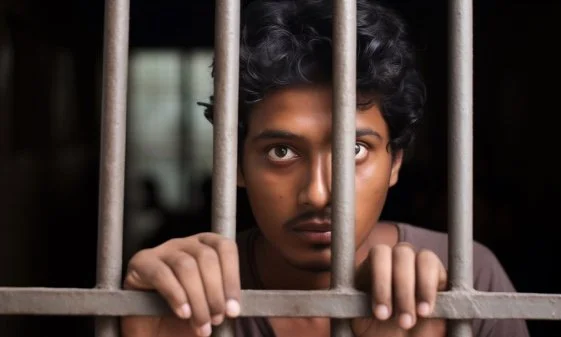
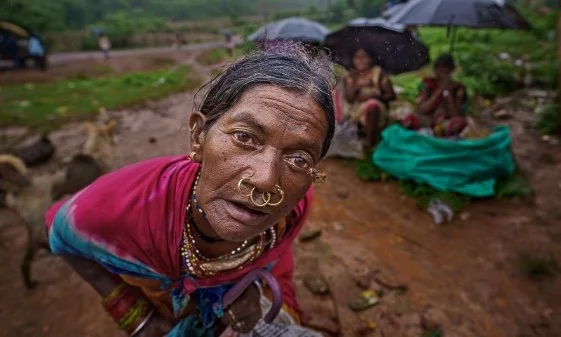
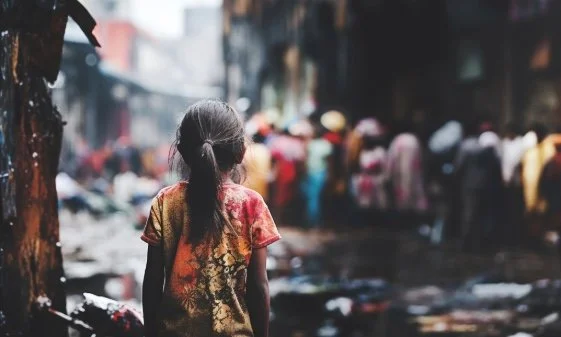
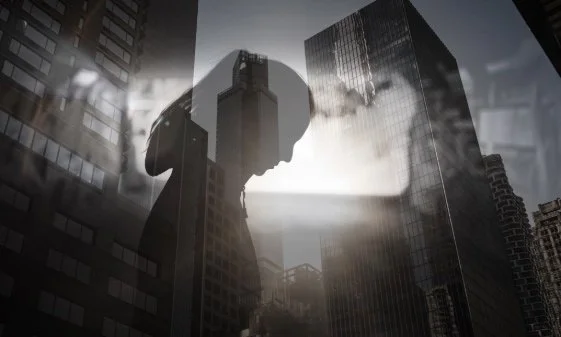

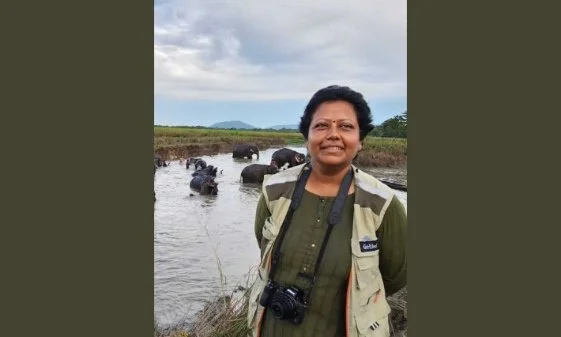

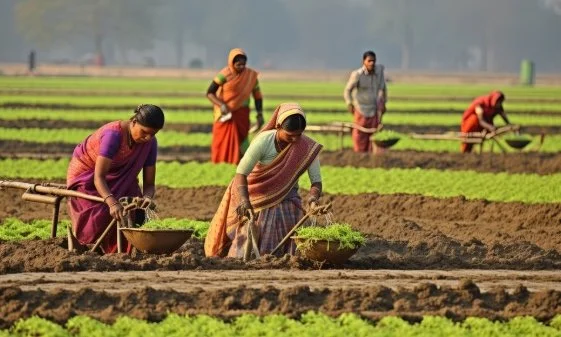
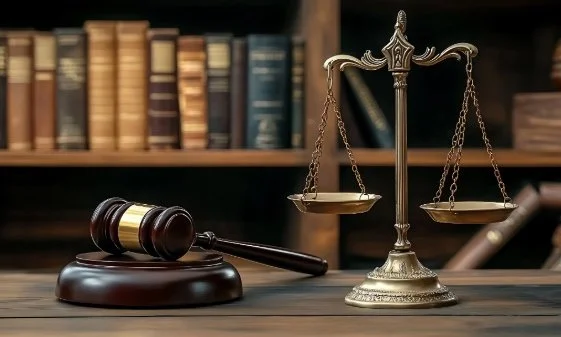

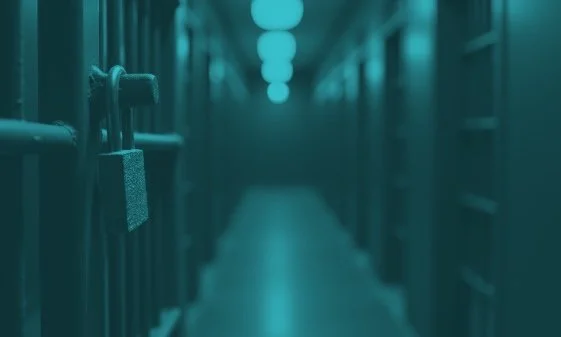
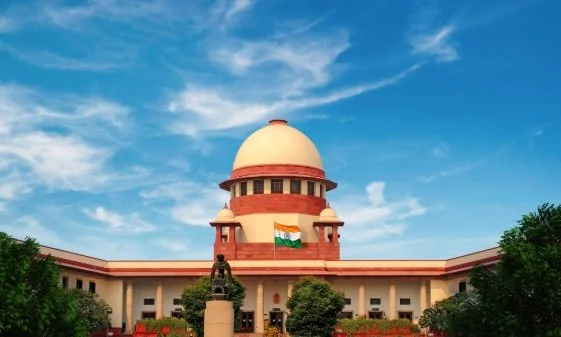
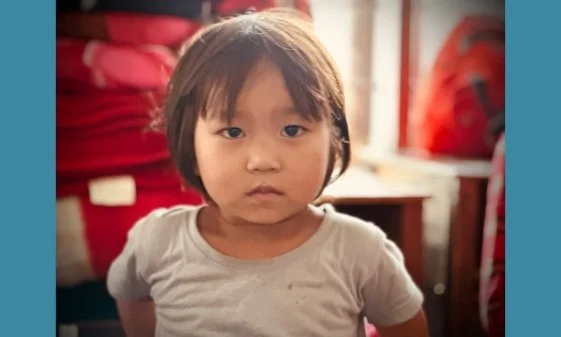
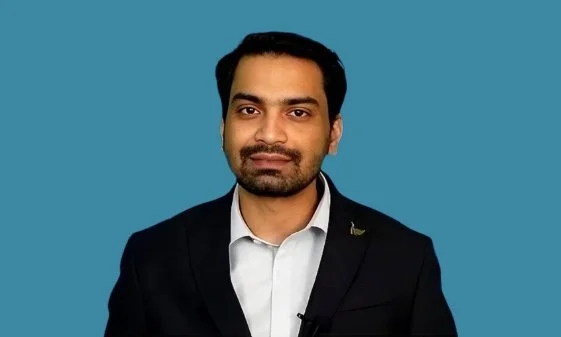
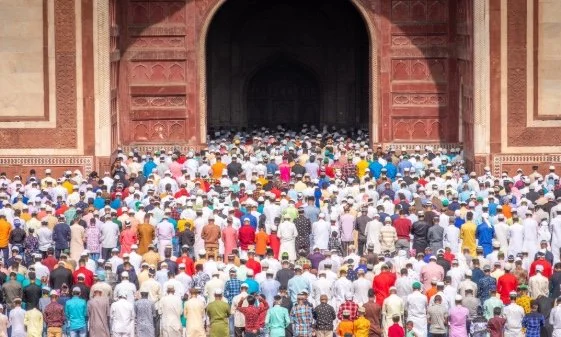

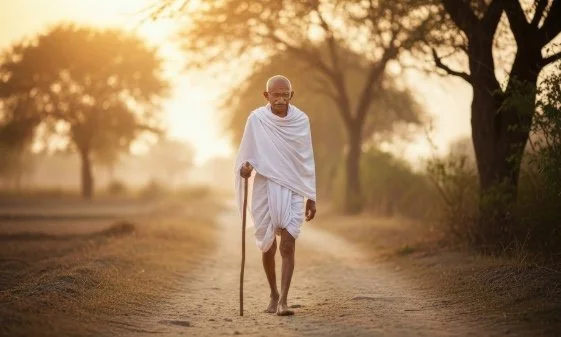
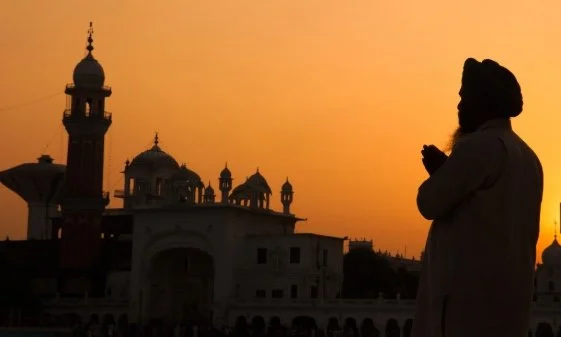
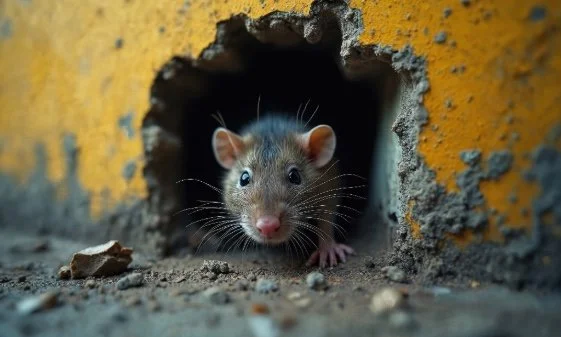
A new study offers a serious warning for India’s rapidly expanding urban areas, presenting evidence that large parts of five megacities, including Delhi, Mumbai, Chennai, Kolkata and Bengaluru, are sinking due to the over-extraction of groundwater. This subsidence is causing uneven ground deformation, which in turn is putting thousands of buildings at growing risk of long-term structural damage.